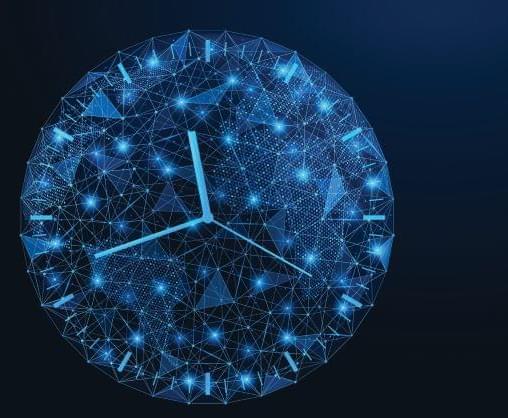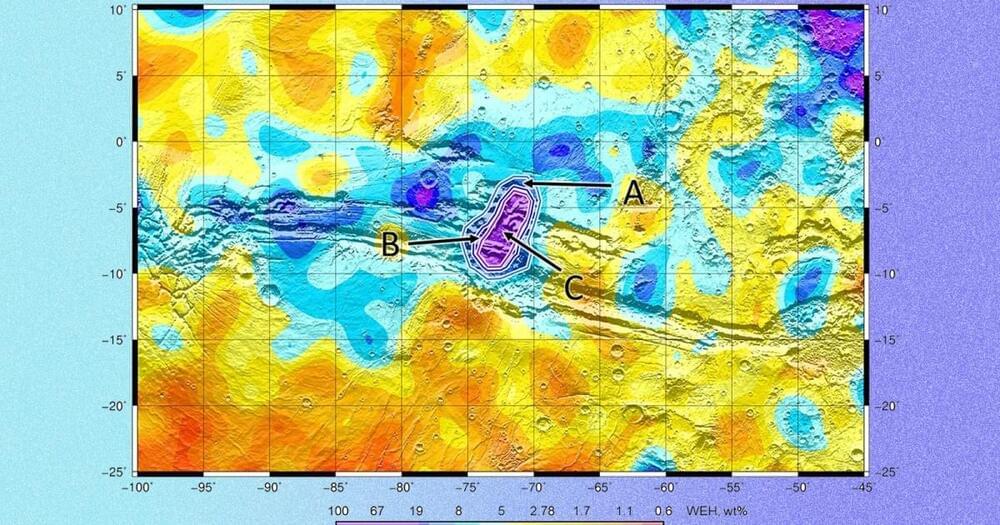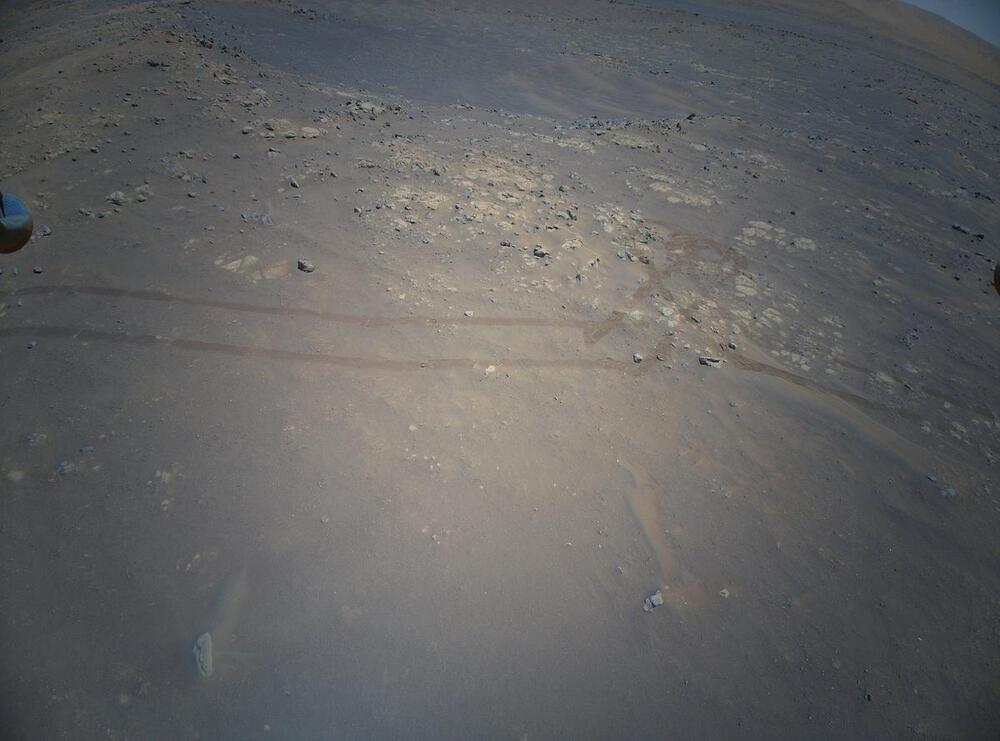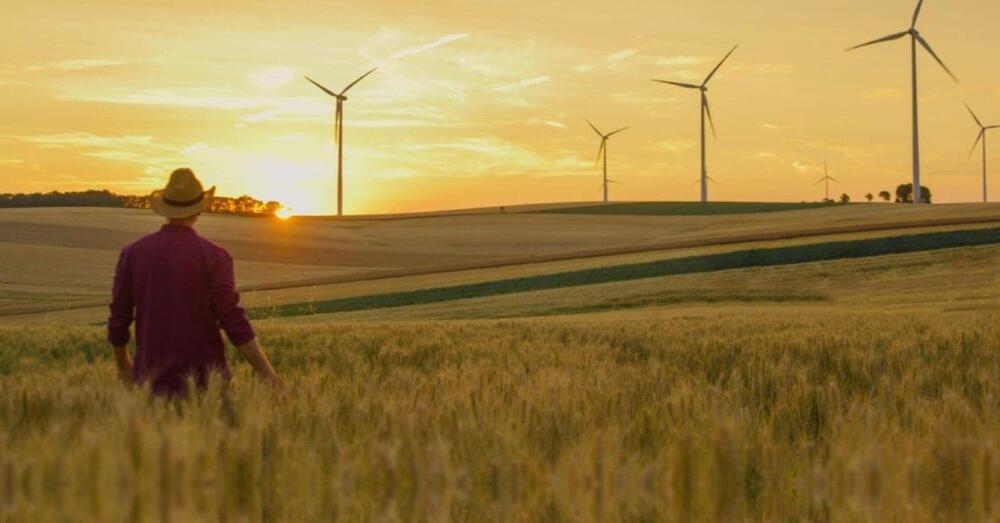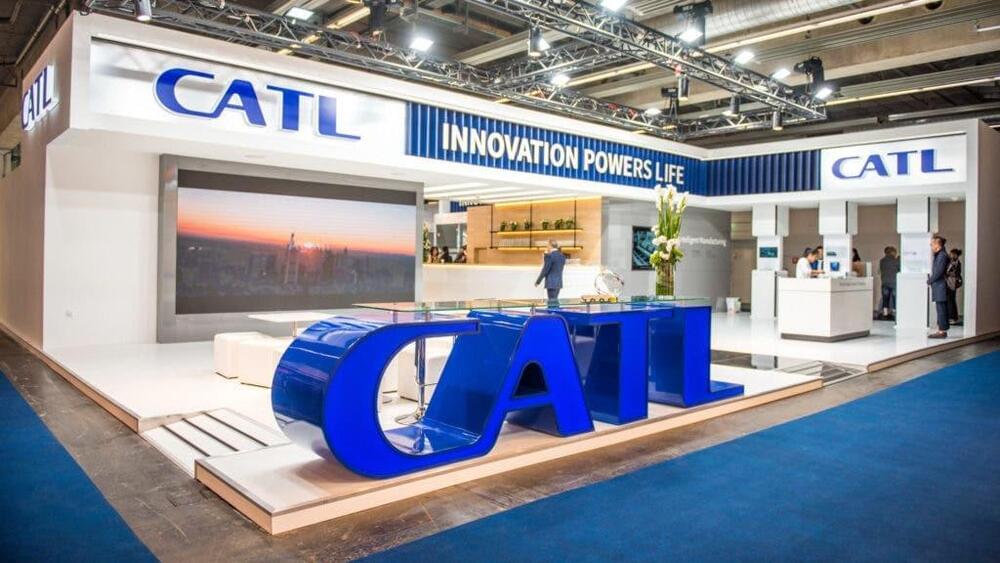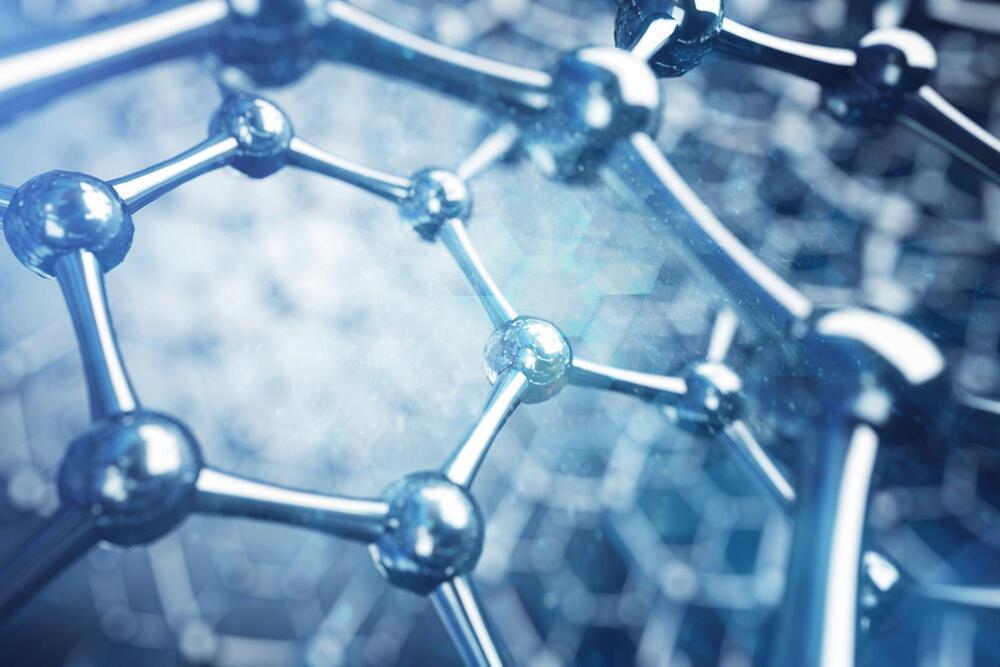High-tech missiles, sensors, aircraft, ships, and artillery all rely on atomic clocks on GPS satellites for nanosecond timing accuracy. A timing error of just a few billionths of a second can translate to positioning being off by a meter or more. If GPS were jammed by an adversary, time synchronization would rapidly deteriorate and threaten military operations.
To address this scenario, DARPA has announced the Robust Optical Clock Network (ROCkN) program, which aims to create optical atomic clocks with low size, weight, and power (SWaP) that yield timing accuracy and holdover better than GPS atomic clocks and can be used outside a laboratory. ROCkN will leverage DARPA-funded research over the past couple decades that has led to lab demonstration of the world’s most precise optical atomic clocks. ROCkN clocks will not be as precise as the best lab optical clocks, but they will surpass current state-of-the-art atomic clocks in both precision and holdover while maintaining low SWaP in a robust package. https://www.darpa.mil/news-events/2022-01-20
